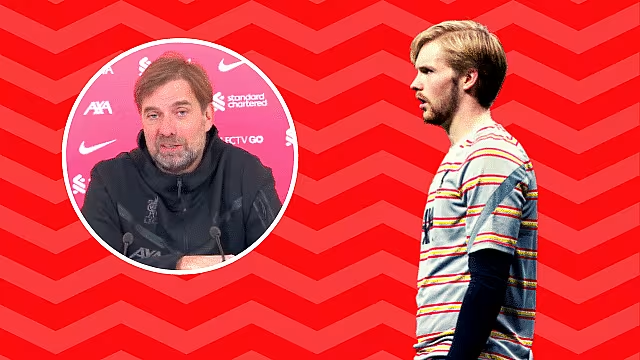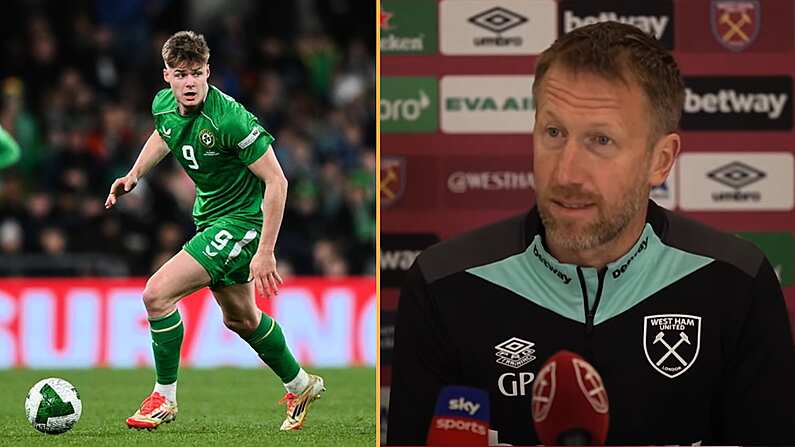In recent years, German coaches have become increasingly dominant at major clubs throughout Europe. Three of last season's top four teams in the Premier League are currently managed by Germans, with a number of other promising young coaches from the country excelling on the continent.
That is before we mention the fact that the last three Champions League winning teams were led by Germans.
🥇 Thomas Tuchel voted #TheBest FIFA Men's Coach of 2021 👏👏👏#UCL pic.twitter.com/y8MbD6DySD
— UEFA Champions League (@ChampionsLeague) January 17, 2022
Such a development is no coincidence, with the German FA making some major infrastructural changes at the turn of the century in order to blood more coaches and talented young players.
Ralf Rangnick was at the forefront of this new wave of coaches, and speaking to Soccer AM, he summarised the changes that resulted in Germany becoming the dominant coaching force in Europe.
Number one is that most of the teams, maybe apart from Bayern Munich and in parts Borussia Dortmund, cannot afford to buy top players. They always needed coaches, especially in the last 20 years, who can develop teams and players.
Number two is that in the late 90s and 2000, it became obligatory for each team to have a professional academy with full-time coaches. They implemented the U19 and U17 Bundesliga first divisions.
Since then, it was possible for a young coach to learn that job from scratch. Quite like players, coaches in Germany could learn, take the next steps, and learn that job.
Thomas Tuchel for example, Jurgen Klopp, myself, we all started our careers coaching youngsters at U17 and U19s. They were all low budget teams that didn't have much money. Jurgen did it at Mainz, the same with Thomas.
I did it at Ulm and later even at Hannover we didn't have the money, we couldn't afford to buy expensive top players, we had to develop the teams ourselves. This is probably one of the reasons.
Julian Nagelsmann is probably the perfect example of this new age of managers. Having started as a youth assistant at Augsburg, he would fill similar roles at 1860 Munich and Hoffenheim, eventually becoming manager of the latter's U17 side. By the age of 28, he had been appointed as the head coach of Hoffenheim's senior side. Still only 34-years old, he has since managed RB Leipzig and now Bayern Munich.
It would not be a surprise to see another German lift the Champions League this season. Outside of Pep Guardiola's Manchester City, the next three favourites for the competition (Liverpool, Chelsea, and Bayern Munich) are all coached by managers from the country.
Considering the age profile of many of the coaches involved, we should probably expect to see Germany dominate the field for the foreseeable future.













